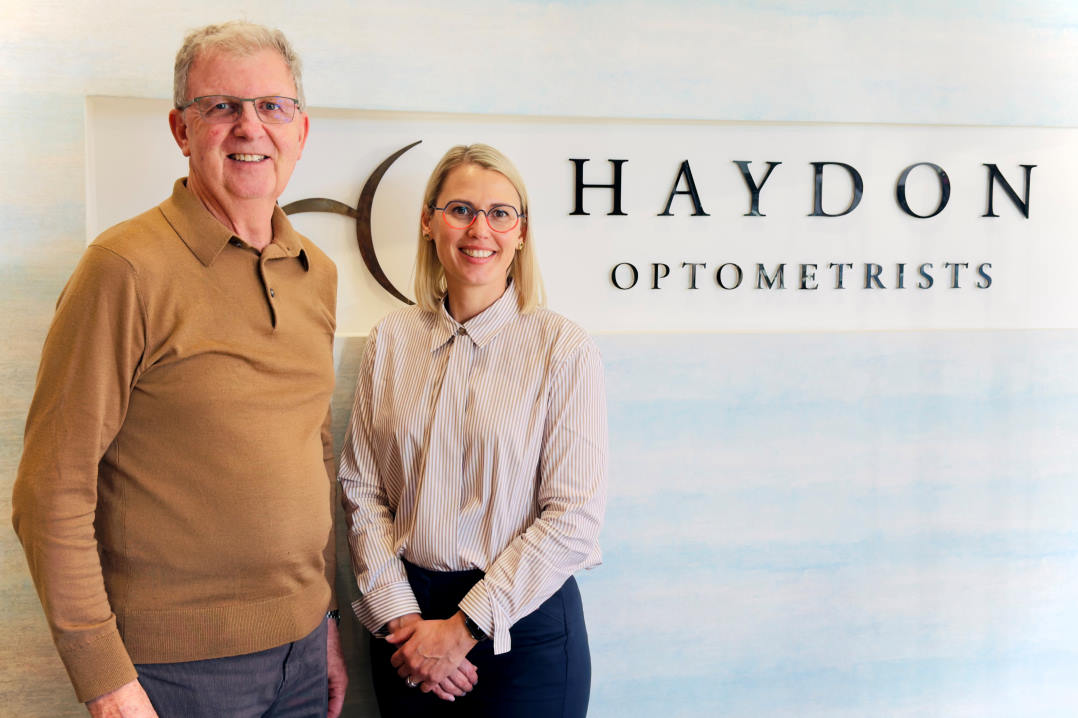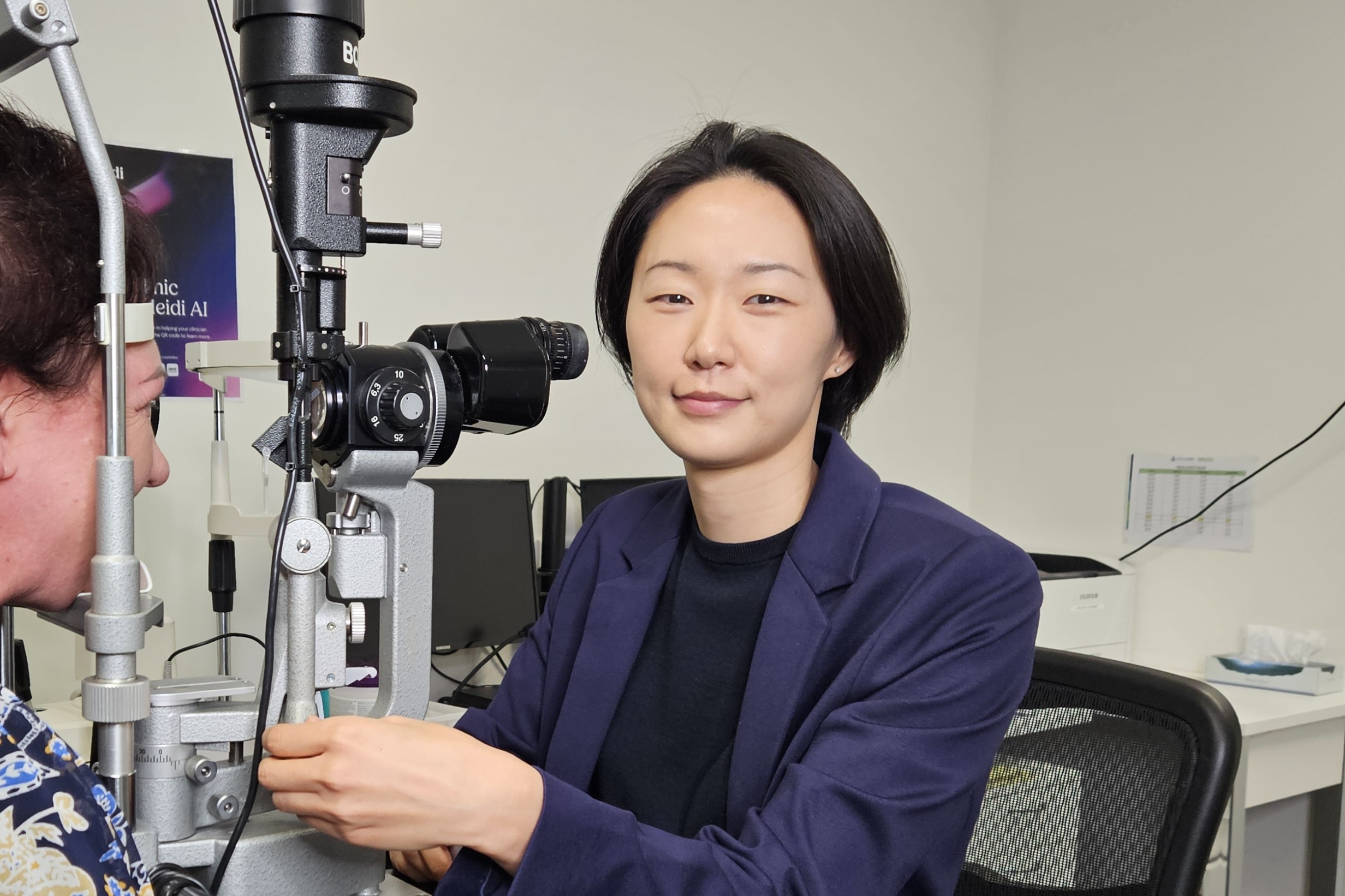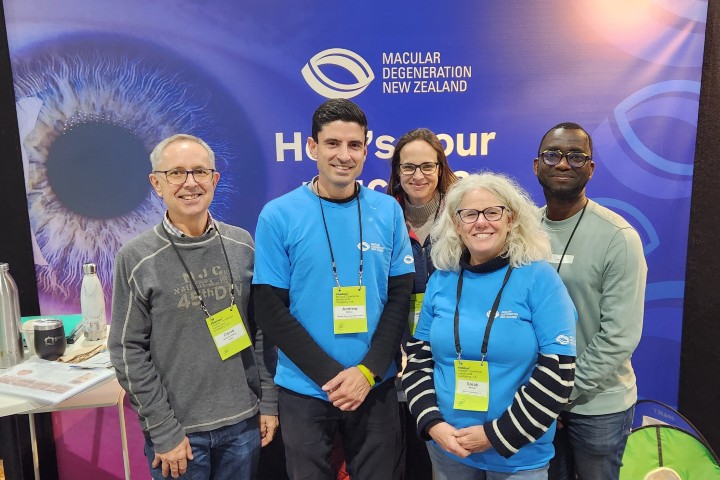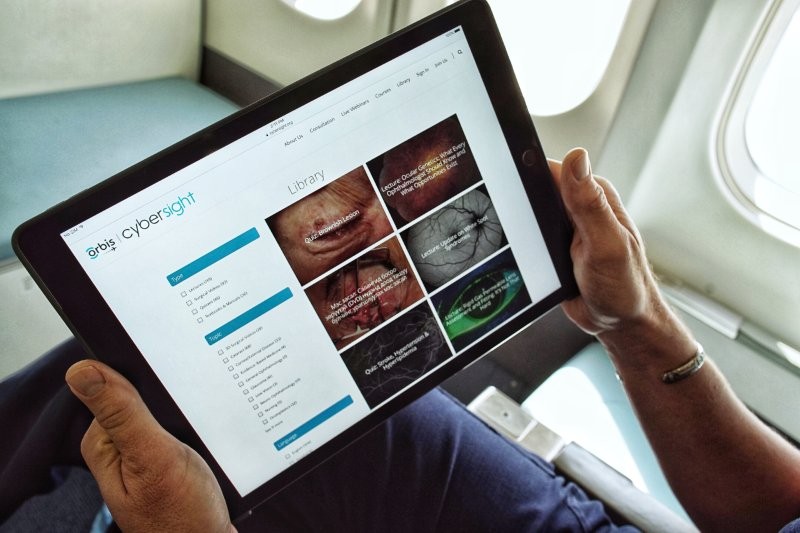nAMD gene therapy advances
Early data from the phase 2 trial of gene therapy Ixo-vec (ixoberogene soroparvovec, formerly ADVM-022), demonstrated potential best-in-class clinical activity in treatment burden reduction for “hard to treat” neovascular age-related macular degeneration (nAMD) patients, reported developer Adverum Biotechnologies.
Designed to produce durable levels of aflibercept in the eye, US-based Adverum said Ixo-vec’s preliminary safety and efficacy data from the ongoing Luna trial, showed its 60 nAMD trial patients required fewer anti-VEGF injections and maintained both visual acuity and anatomic endpoints.
“Our goal is to provide patients virtually injection-free management of their wet AMD, lasting years and potentially for life,” said Dr Laurent Fischer, Adverum president and CEO.
The trial also found more than 90% of subjects had no or minimal inflammation following the addition of a prophylactic regimen designed to enhance Ixo-vec’s long-term benefit-risk profile. “We are pleased with the promising profile of Ozurdex (dexamethasone) plus Durezol (difluprednate), which we expect to be our go-forward regimen,” said Dr Fischer.
In the earlier Optic trial, patients treated with Ixo-vec were reported to have sustained clinical benefit for up to three years, with measured stable aflibercept levels for up to 4.5 years. The Luna trial’s 26-week interim analysis is expected mid-2024.


























